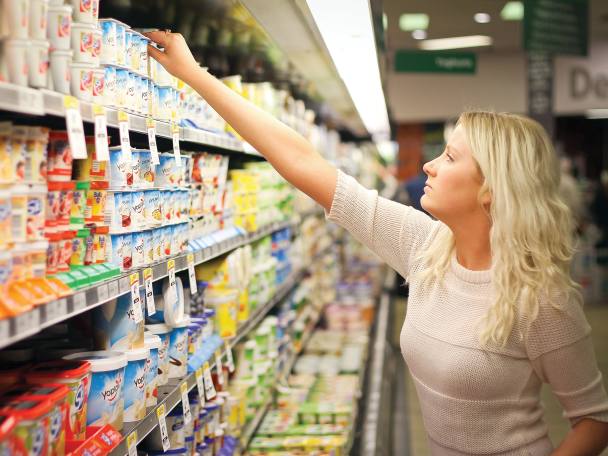There’s been a seismic shift in how the UK grocery sector looks, and operates. The takeover of wholesaler Booker by Tesco (TSCO) transformed Britain’s largest supermarket’s supply chain and added significant scale to its existing convenience estate. This year, the consolidation could continue, if regulators give the thumbs up to another high-profile deal – namely the potential merger between rivals J Sainsbury (SBRY) and Asda. The tie-up still requires approval from the Competition and Markets Authority (CMA) which, having identified several geographic areas where competition could be diminished as a result of the deal, has pushed the merger into a second-phase investigation.
Assuming the deal does get approved in some form, that leaves Morrisons (MRW) – the last constituent of Britain’s ‘big four’ – rather out in the cold. Despite logging its fourth Christmas of consecutive growth, and a rise in like-for-like sales of 3.6 per cent over the nine weeks ended 6 January 2019, the company warned of the sector's fierce competition. Indeed, continued market share gains by German discounters Aldi and Lidl have already prompted the company to slash prices on hundreds of products this year. Sainsbury’s echoed these sentiments in its own Christmas trading update, once again observing the food retail sector's “highly competitive and very promotional” state.
But it isn’t just increasing levels of competition that have investors on edge. The food segment fell victim to the general retail malaise that took hold towards the end of 2018, despite its strong performance during the first half of the year. Exactly what caused this slowdown remains open to debate, but analysts at Shore Capital believe the uncertainty currently gripping the UK – much of which hinges on the country’s upcoming exit from the European Union – has led to a slump in consumer confidence. The GfK consumer confidence index fell to a five-year low at the end of December, surpassing even the sharp drop in sentiment in the wake of the 2016 referendum.
Global consumer data firm Nielsen confirmed a slowdown in grocery sales over Christmas, despite noting that "more shoppers visited more supermarkets”. High levels of price discounting, the consultancy argues, encouraged shoppers to “chase the deal” and visit “a variety of supermarkets throughout December to help them spend less at Christmas”. So, even though the number of trips increased, the data showed a 3 per cent decline in the average spend during the four-week period ended 29 December 2018.
The question is, will supermarkets chase volumes to keep prices low and maintain a competitive edge this year? It seems the obvious strategy, but Tesco and Sainsbury’s corporate transactions suggest they have other ideas of how to build a defensive position in a changing sector. To be fair, Morrisons hasn’t ignored the wave of change altogether, having signed supply agreements with both online behemoth Amazon (US:AMZ) and convenience chain McColl’s (MCLS).
Perhaps it’s not all doom and gloom. Kantar Worldpanel revealed record sales of £29.3bn across supermarkets over the Christmas trading period, which translates into an extra £450m spent on groceries compared with this time last year. But overall spend was “tempered” by inflation of just 1.3 per cent – less than half the level of like-for-like inflation of 3.6 per cent recorded in Christmas 2017. Price inflation was a consequence of sterling’s sharp de-rating following the 2016 Brexit referendum, and has helped grocery groups out of the dogged price wars that dominated most of the preceding 10 years.
But that could start to unwind in 2019, particularly as value-based retailers continue to take market share via competitive pricing. It remains to be seen whether added scale – be that vertical (Tesco) or horizontal (Sainsbury’s) – is an adequate counter-strategy.
| Name | Price (p) | Market cap (£m) | 12-month change (%) | Trailing PE | Forward PE | Dividend Yield (%) | Last IC View |
| Greggs | 1496 | 1513.29 | 13.68 | 22.1 | 20.7 | 2.19 | Hold, 1,461p, 9 Jan 2019 |
| Morrison (Wm) | 221.85 | 5253.74 | -3.08 | 17.1 | 15.8 | 2.83 | Hold, 262.8p, 13 Sep 2018 |
| Ocado Group | 900.2 | 6286.02 | 114.69 | n/a | n/a | n/a | Hold, 1,077p, 6 Sep 2018 |
| Sainsbury J | 271.5 | 5979.81 | 5.72 | 13.3 | 12.8 | 3.76 | Hold, 275p, 9 Jan 2018 |
| Tesco | 219.1 | 21457.54 | 3.35 | 15.7 | 13 | 1.68 | Buy, 215p,10 Jan 2019 |








